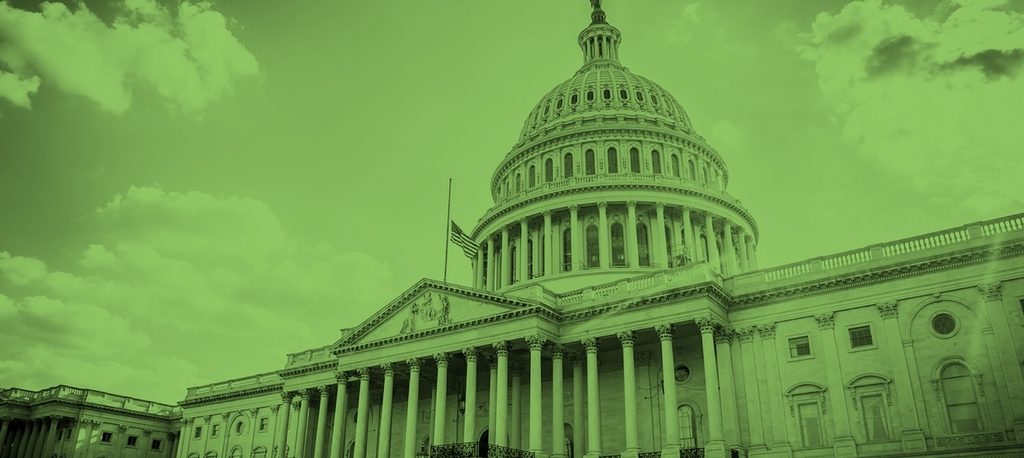During March, fourteen policy analysts published reports about what occurred in Arkansas, Hawaii, Idaho, Indiana, Kentucky, Louisiana, Michigan, Minnesota, New Mexico, New York, Oklahoma, South Dakota, Wisconsin, and Wyoming.
School Funding and Budgets
In the wake of the teacher strike in West Virginia, Oklahoma teachers planned the same. In her two reports, Oklahoma Teachers Contemplate a Walk-Out and Positions Solidify as Teacher Walk-Out Deadline Looms, Claudia Swisher reveals that teachers in Oklahoma are the lowest paid in the nation and the legislature is “disinclined” to increase teacher salaries. Sensitive to the number of students who depend on meals while in school, Oklahoma teachers, community organizations, and school boards are prepared to step in to help those students. [Note: Oklahoma teachers went on strike April 2.]
Kim Creech reported on the teacher “sick-out” in Kentucky March 30 and possible strike due to Kentucky’s failure to address teacher pensions. Higher education also continues to face cuts with implications for tenure. [Note: Kentucky teachers continued their sick-out April 2.]
Throughout the country, a number of states grappled with cuts to K–12 and higher education funding. According to Tiffany Rehbein, Wyoming cut $20 million from public schools. Bernard Gallagher quoted Joseph Rallo, the Commissioner of Higher Education for the Louisiana Board of Regents, declaring that Louisiana is “leading the nation in higher education disinvestment” and that “state support for higher education has been reduced by nearly 44% and nearly 20% considering all sources of funding.” Donna Pasternak described the restructuring of the University of Wisconsin system of colleges and universities due to “declining enrollments, funding deficits and tuition freezes.”
“Consolidation will affect budgets, governance, and financial status. Some see this merger as a strike against shared governance, while others feel it is the right move to cut costs and raise graduation numbers.” —Donna L. Pasternak, Analyst, Wisconsin
Lisa Hazlett noted that collective bargaining at both the K–12 and higher education levels has either ended or is in the process of being prohibited. Georganne Nordstrom shared that the Hawaiʻi state legislature would like to revoke university autonomy and place universities under legislative oversight.
Voters in Idaho, however, chose to increase revenue for education by $695 million, according to Darlene Dyer.
Teacher Shortages and Licensure
To address its teacher shortage, particularly in rural areas, Hawaiʻi is looking to increase its certification/pathway programs and to engage in the campaign, “Be a hero, be a teacher.” [Georganne Nordstrom]
According to Janet Alsup, Indiana is currently considering allowing teacher candidates to receive an initial teaching license without passing an appropriate content exam.
Donna Wake outlined the new licensure rules for candidates in Arkansas, including the removal of standards for admission of candidates to teacher education programs.
Robert Rozema listed the various proposals Michigan lawmakers are considering for teacher candidates and teacher education programs, including requiring student teaching in multiple environments, requiring full-time faculty at teacher prep institutions to complete 30 hours of continuing education, and ensure elementary level teaching certificates only be allowed to student teachers who have completed six credits of reading instruction.
“The bill is currently opposed by at least one teacher advocacy organization, the Michigan Association of Colleges of Teacher Education, which cites the potential cost of the program and its possible disruption to the national accreditation process.” —Robert Rozema, Analyst, Michigan
School Security and Safety
After the Parkland shooting, a number of legislatures considered school security measures. Janet Alsup reported that Indiana Governor Holcomb requested $5 million to support grants to schools to hire resource officers and purchase safety equipment. Another bill requested a summer study committee on school safety. Although the Indiana legislature failed to pass these bills in the regular session, legislators will return in an additional session to address them. According to Darlene Dyer, the Idaho legislature failed to address school safety and gun violence in their session.
Tiffany Rehbein noted that Uinta County School District #1 is the first district in Wyoming to allow teachers and staff to carry concealed weapons in schools.
Other Reports
Other report topics included “back to basics” in Minnesota, required dyslexia awareness information for teachers in Indiana, a new school chancellor in New York City, developmental education in New Mexico, DACA in Hawai’i, and the Cody, Wyoming, school board’s decision to ban Tanya Lee Stone’s book, A Bad Boy Can be Good for a Girl, by a 5-1 vote. [Read Millie Davis’s blog post about the banning of that book here.]
Please visit the Policy Analysis Initiative to see all reports filed by NCTE’s policy analysts.

